For those who are unaware of the concept of bike sharing, firstly we will give you a small glimpse of it. It’s a system where u can book a bike from your smartphone via a QR code on the bike and can ride to your destination without any other human intervention.
 |
| A Scene from Bike Sharing dump in China. (Bike Sharing Disaster) |
Bike sharing companies majorly can be categorized into two:
Dockless Bike Sharing:
In this system, you can pick a bike from anyplace using your smartphone and drop it anywhere, as they lack docking station due to which they are cheap compared to dock bikes.
Dock Bike Sharing:
In this system, you have to pick a bike from one dock station and has to drop to another dock station nearer to your destination,
This post analyses the Bike sharing scenarios in countries like China, USA and India, and their future prospects. It also covers the reasons which causes bike sharing disaster in China and what other countries are doing to avoid such situation.
So guys let’s start the analysis with China.
China:
The explosive growth of free-floating bike-sharing in China was started in 2016, it has been described as one of the country’s hottest industries. Bike sharing in China is considered as one of the “four great new inventions” in modern times.
In China, Bike Sharing is started with companies like Ofo which majorly target students and Mobike which target majorly white collar workers.
OFO, which is backed by Alibaba, and Mobike, backed by Tencent, both Beijing-based, are the biggest players in bike rental in China. Both have raised more than a billion dollars in funding and OFO was the first unicorn in the sector with over three million daily users across 34 cities.
Apart from OFO and Mobike, there are several startups which also came up with this idea but got failed, Bluegogo, is one among them they are China’s third-largest bike-sharing startup, which had raised 600 million yuan, but went bankrupt.
In China, bicycle renting still faces issues like having the right dock points, and the cost of retrieving, which does not allow positive economics. In OFO’s model, the user need not worry about finding a docking station but instead can pick and dispose of the bicycle at any place and time of their choosing.
Dockless bike-share companies have flooded Chinese cities with bikes in the past two years, leading to massive piles of discarded bicycles in public spaces.
To solve this problem of piling up. Ofo incentivizes users’ good parking habits with points while deducting from their score if they’re found to be dumping them randomly – and eventually blocking them from the platform if their score drops too low.
The scale of China’s bike sharing is dramatically high.
Mobike is said to have had touched over 18 cities in the country in less than a year, with more than a million new bikes.
While talking about the country’s capital, Beijing has 700,000 shared bikes, and 11 million registered users, nearly half the capital’s population.
USA:
Pictures from China of bikes cluttering sidewalks or piling up in dumps didn’t make great advertising material for their arrival in America, and U.S. lawmakers have been more cautious about welcoming the “dockless” bike-share model pioneered in China.
OFO entered the US with 1,000 bicycles in Seattle.
Most cities in the U.S. that have introduced dockless bikes have done so under pilot schemes, strictly limiting the number of bikes any company can deploy. In Washington, D.C., Ofo was limited to a fleet of just 400, which questions Ofo to its scalability in the USA.
Ofo is significantly scaling back its global operations, including cutting down services in the U.S. The move is the latest twist in a story of global competition among mobility companies—one in which Chinese tech giants Alibaba and Tencent and ride-hailing pioneers Uber and Lyft are all central characters.
Over in the U.S., investors have poured in $62 million to LimeBike and $8 million into Spin as both startups aim to compete against a company Motivate which is backed by Lyft, the same company is behind Ford’s GoBikes in San Francisco and CitiBikes in New York City.
The company is responsible for some 80% of bike rentals in America. In New York, its bikes are sponsored by Citi, and in San Francisco, the bikes are branded by Ford.
New York’s Citi Bike, with 10,000 bikes and 236,000 subscribers, is the largest players in the US.
One company offering a different model of bike-sharing that could rival Motivate’s in the future is New York-based Jump backed by Uber. It was the first dockless bike-sharing scheme to obtain a license from San Francisco, which for years had offered Motivate an exclusive contract.
Jump’s pedal-assisted e-bikes have an integrated wheel lock but also come with an optional U-lock, so that the bikes can be secured to stationary objects such as railings. This feature has saved it from falling afoul of regulators in Chicago, who mandated that bikes needed to be secured to railings when not in use.
Motivate’s docked bicycle model is far more expensive than the dockless versions offered by Jump.
Within a few years, bike-share systems launched in Boston, New York, Chicago, San Francisco, Seattle and dozens of other cities.
In 2016 there were 55 systems across the country with a total of over 40,000 bikes.
And the momentum continues to grow. In 2017 Citi Bike in New York City added 2,000 bikes, increasing its fleet to a total of 12,000. San Francisco is expanding its system from just 700 bikes to 7,000.
If recent examples are any indication, bike sharing in the United States will be a mix of complementary dock-based and dockless systems, run by both public entities and private companies. The humble bicycle, aided by smartphone technology, is resurging as an urban transportation option.
India
Interestingly, in India, cycling isn’t new as a mode of transportation. From children riding bicycles to schools to the local milkman, cycles are widely used.
There is a billion-dollar opportunity for the bike-sharing market in India
After conquering China, Europe, and the US, Chinese bike sharing unicorn OFO was launched in India in Jan 2018.
When it expands across the country, Ofo finds itself going up against the likes of ride-hailing giant Ola(Ola Pedal), as well as self-drive car rental firm Zoomcar (Pedal), and Yulu, which was backed by Indian very first tech Unicron InMobi.
Apart from this, Chartered Speed, an Ahmedabad-based transport company, is believed to have entered into a partnership with Nextbike, a Germany-based bike-sharing startup, and is set to launch a digital bicycle sharing platform across 100 cities.
While India is clearly attracting several bike-sharing platforms, the big question is whether it has a market, like Europe or China.
Soon after the launch of Ofo in india, it closes its operation within the period of 4 months due to cash crunch. Also, other Indian bike sharing companies are struggling to survive.
As India lacks basic road and footpath infrastructure, which is a given in Europe, the US, or even China. This is where cycle sharing faces its first challenge, as also opportunity.
In China, infrastructure comes first. In India, first people began to move into a place and then infrastructure comes. It’s always the opposite.
Another thing is that India has one billion mobile phone connections. Three years ago, there were only 50 million active mobile internet users and the number has gone up to 450 million now thanks to Reliance Jio. In comparison, the number of active mobile internet users in China is 800 million. However digital payments have not prevailed. Modi’s policies have pushed up the number of digital payment users to 200 million.
Therefore, it will be a great question to ask after the US and China will India be the next bike-sharing hub?
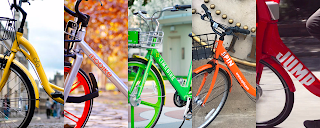
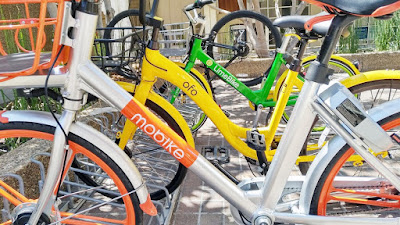
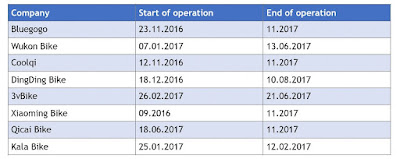

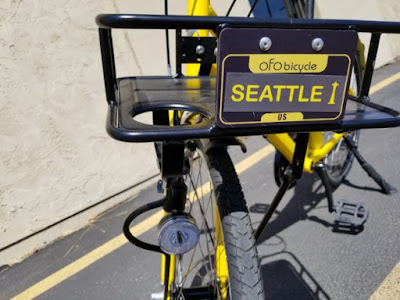

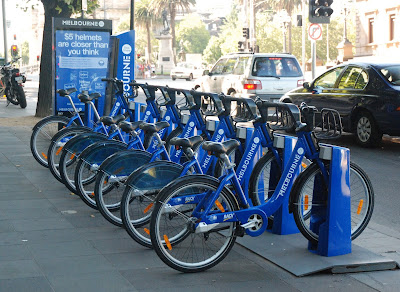
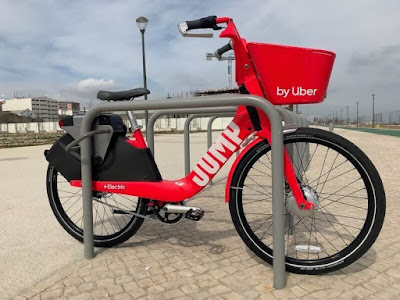

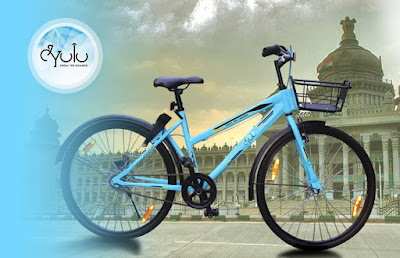


Amazing!
Like!! Really appreciate you sharing this blog post.Really thank you! Keep writing.
Greetings! Very hеlρful advice within this article!
It’s the little changeѕ that produce the most important changes.
Many thanks for sharing!
Hi thеre would you mind letting me know which hosting company you’re wօrking with?
I’ve lоaded yoᥙr blog in 3 diffeгеnt
ƅrowsers and I must say thiѕ bⅼog loadѕ a lot quicker then most.
Can you recommend a good web hosting provider at a reasonable
price? Many thanks, Ӏ appreciate іt!